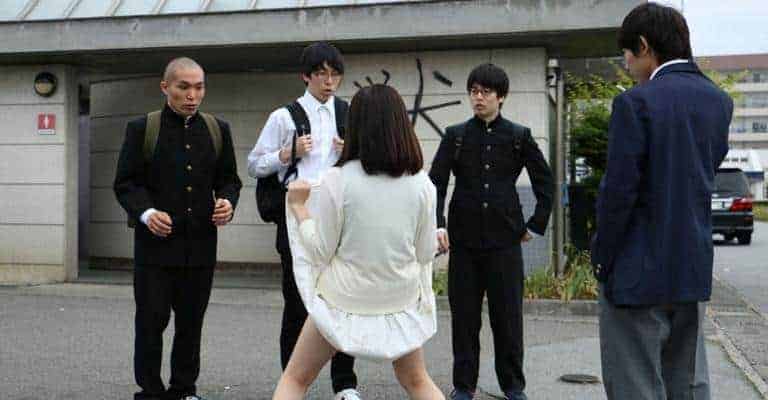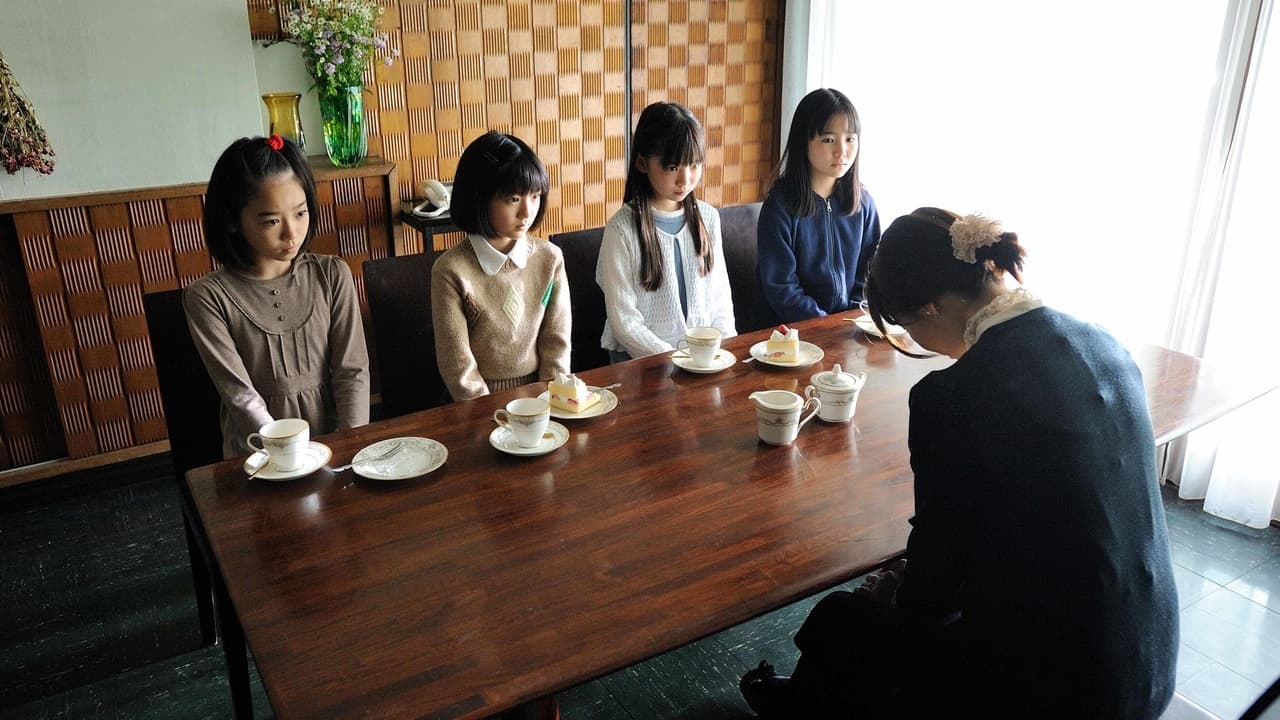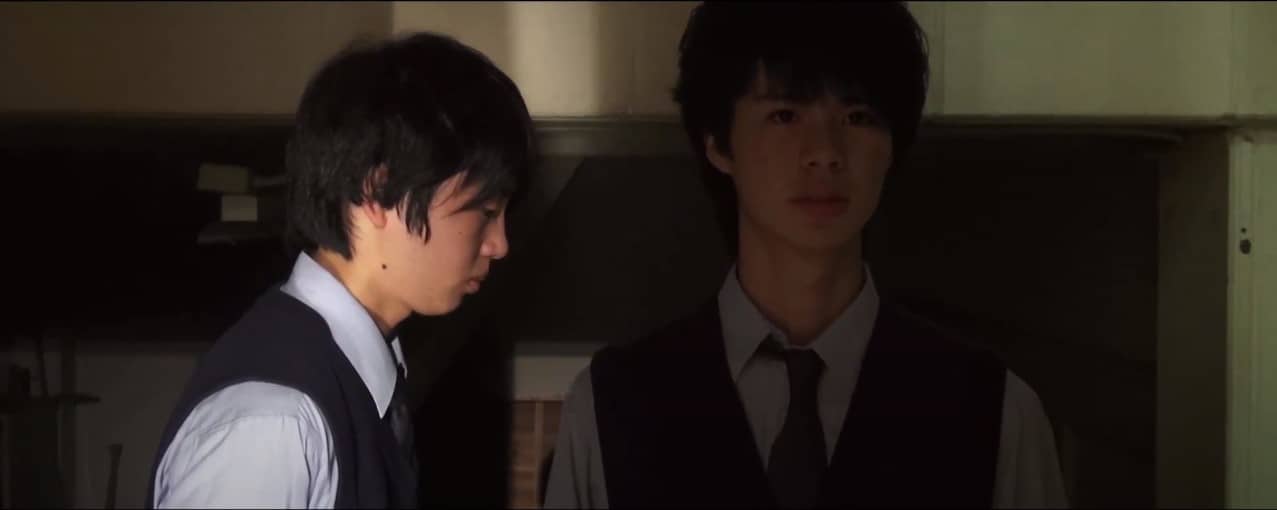Kana Yamada, founder of the Logic Theater company, adapts hew own stage play for her feature debut, in a film that deals with the lives of sexual workers in Japan.
“Life: Untitled” is screening at Japan Cuts 2020

For the most part, the story is presented through the eyes of Kano, a newcomer in the industry, who, after an episode involving her not succumbing to a client, ends up doing office work for a company that deals with sexual services. A number of women and men are members of the company. The younger man functions mostly as a driver and assistant, but one of the girls is head over heels for him, despite his continuous negativity towards her. The other man seems to be the older employee there, and has the role of the “enforcer”. He frequently has sex with one of the girls, Mahiru, a constantly smiling woman who is soon revealed to be filled with trauma and sociopathic tendencies. Atsuko is the negative one, always eager to whine and fight, frequently causing problems with her behaviour. Kano functions mostly as a bystander, but as the tension mounts, she also becomes involved and drama soon takes over, and not just for her.
The beginning and the finale of the film, which are quite different from the rest of the narrative, remind much of Toshiaki Toyoda's style, and particularly “Blue Spring“, with even the song playing in the latter part sounding like something Toyoda would pick for his movies. These two parts are the most impressive, due to their “kinetic” power, but are by no means indicatory for the rest of the film, which unfolds much like a stage play, with the majority of the story taking place inside the office of the company.
One of the most common mistakes directors who shoot their first feature film, after some shorts, do, is to construct the movie more like a series of shorts joined together than a compact story. Kana Yamada differs, because she seems to acknowledge the fact and makes an effort to avoid this reef, mostly through the stage play premises of the narrative, which connects the various episodes. However, she does not succeed completely, particularly because the characters are too many, as are the subjects that are examined through them. In that fashion, the amount of characters and context seems to be more fit for a TV series of many episodes than a single movie, especially since the nature of the film is episodic, with each character functioning in essence, as a separate episode.

The aforementioned, however, does not mean that the movie is without merits; on the contrary, a number of characters are very interesting, and the presentation of the lives of the sexual workers quite realistic, as Kano depicts the relations between them as having no difference from the ones occurring in any kind of work place. Furthermore, the differences of the girls create a chemistry that works quite well for the story. Kano for example, represents the kind of woman that is not beautiful enough to be “admired” by men and has acknowledged the fact, with Sairi Itoh giving another convincing performance in the part, with her imposing voice working quite well for her, once more. Mahiru has embraced the exact opposite, in essence using men to achieve her goals. The fact that her aims, though, are as extreme as the pragmatism she exhibits in acknowledging her tactics, make her a rather intense and interesting character and the personification of extreme materialism. On the other hand, as the reasons for her behaviour are gradually revealed, a kind of justification for her behaviour is also offered, adding to the dramatic aspect of the movie. Yuri Tsunematsu is excellent in the part, managing to present the sociopathic elements that hide under her constant smile with an impressive eloquence. The tension that characterizes the relationships of the characters is mostly expressed through Atsuko, who is the one that lashes out more frequently, with Yamada using her character in order to move the story forward. Satsukawa Aimi is also quite realistic in the part.
Despite dealing with the particular subject, the film features only one sex scene and very little nudity (mostly from a man for that matter), since Yamada's focus seems to be on the social extensions of such a line of work instead of the actual practice. This approach tones down the impact of the comments, but at the same time, adds to the realism the film offers.

The cinematography is occasionally impressive in the exterior shots, particularly the ones in the beginning and the finale, with the same applying to the editing. The interior scenes, however, are much simpler, in stage-play like fashion.
Kana Yamada does not seem to have achieved complete control over the medium, and the movie sometimes seems to lack a strong directing hand regarding the path she wanted the narrative to take. However, “Life: Untitled” is definitely an entertaining and quite interesting amovie, both in terms of presentation and context,and considering this is a feature debut, I can easily say it is rather hopeful.















